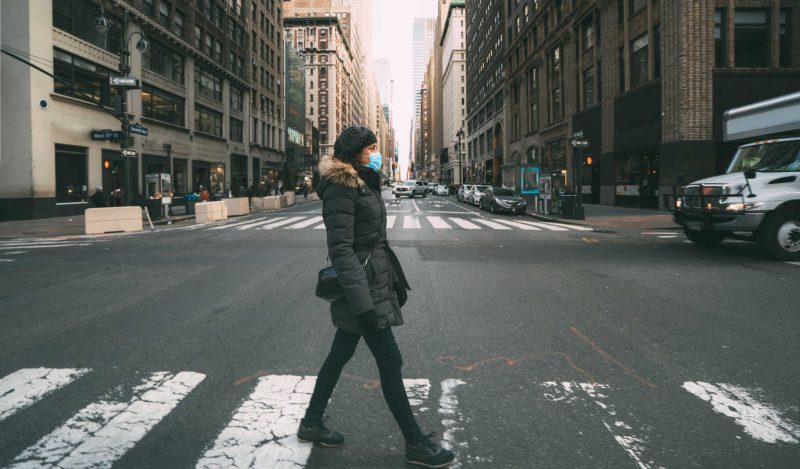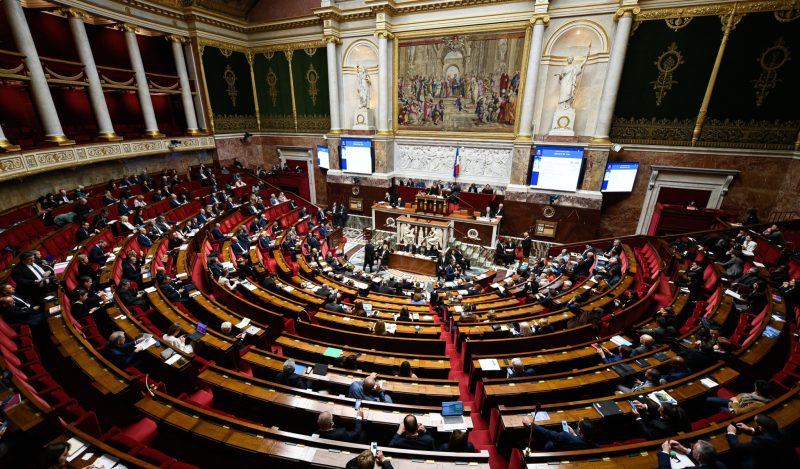Recent news and research on lockdowns has reminded me of my personal conversations and a few small articles that I wrote last year. In my interactions with a few scientists and policymakers, at first we debated in an attempt to be objective and rational, but after a time we grew tired of arguing and gave up on debating the science of covid interventions.
Our factions crystallized and hardened, and an uneasy tension persists. It takes a lot of energy, courage, humility, and patience, to reconsider one’s position. But for reasons that I will outline below, I think it is crucial that we do so.
At the beginning of covid lockdowns, I read many scientific articles in an attempt to understand what was happening. I found little evidence to suggest that the official recommendations were entirely reasonable. I felt sure that a stay-inside mandate was wrong-headed, because I knew that sun exposure and Vitamin D are helpful for immune health. So, while I avoided contact with other people, I went for long daily walks (while avoiding the police and their much-publicized fines). However well-intentioned the government’s rules may have been, their mostly negative effect has been shown in a stream of scientific articles that flowed more and more copiously as the data came in.
I didn’t speak about this publicly until the late summer of 2021, when Italy imposed the “Green Pass,” a vaccine passport which was rushed through lawmaking bodies in August and implemented in successively stringent versions on all of Italian society in the early fall. At that point, I felt it was my duty to speak.
At the beginning of September, I published a short post on Facebook with a graphic showing that, among Italy, Germany, and Sweden, the lowest case fatality rate for Covid-19 was in Sweden, and I reminded my friends that it was the latter that did not require any lockdown and did not require the use of face-masks nor “Ausweisdokumente.”
I was so deeply angered by the Green Pass that I publicly compared it to the papers required by Germany’s Third Reich. The comparison understandably raises hackles, but building a society on a “papers please” basis is typical of totalitarianism, not democracy. We have not yet arrived at forced euthanasia or sterilization — we hope — but we have arrived at the breakdown of bodily integrity, the exclusion of certain categories of citizens from the workplace, and physical internment for the non-compliant in several Western countries.
My dramatic comparison serves to emphasize that we have taken measures that lead to total control over human lives, and that total control opens the door to horrific outcomes. We must repudiate totalitarianism, whether explicit or subtly creeping.
Research is emerging now — science takes time — that suggests that the Green Pass and other similar coercive measures across the world did not positively affect the outcomes of public health. Studies to this effect are collected here and here. The divisions that arose in our societies due to these measures are deep, and have hardly begun to heal. They are only papered over with a veneer of civil discourse, but in my experience, the positions we held a year ago, we still hold with even greater intensity, albeit in silence.
We don’t talk about it. Like prehistoric tribes, we don’t affirm our common humanity. Instead, we divide the world into the holy and the unholy, the obedient and the rebellious, the vaxxed and the unvaxxed. And “silence like a cancer grows,” as Simon and Garfunkel sang.
The day after my Facebook post, a friend who works at the IMF, who was studying the impact of covid and various interventions that had been implemented in South America sent me an article by Kowall et al., which purported to show that, contrary to the direct comparison of mortality between Germany and Sweden, Sweden’s results were much worse if demographic development was taken into account, by modeling increasing life expectancy.
I read the study and wrote a brief rebuttal on Medium because Kowall et al. only considered the year 2020. I also emailed Kowall and asked him to send me the details of how he had carried out his analysis in order to extend it to include data from 2021. Judging by the excess mortality charts, I felt sure that his conclusions would have to be reconsidered if they took into account a longer time series. He did not respond.
My friend at the IMF and I continued to debate the issue for a few more days. I sent him this article and this one; he sent me this and that, and then we settled on a somewhat tense silence before sharing a few soccer and rock music videos with each other. There was an elephant in the room. We both avoided it, like the magical family in Encanto (“We don’t talk about Bruno…!”). But the elephant remained.
In January 2022, the Johns Hopkins Institute for Applied Economics published a working paper which showed clearly how lockdowns across the world did not affect COVID-19 mortality at all. I felt vindicated that the earlier studies I shared with my friend at the IMF and my Facebook followers had been correct, validated by one of the leading mainstream voices on public health. But I was weary of arguing and did not post the article. Saying “I told you so” felt like bad form.
So why bring it up now, nine months later? It is worth talking about it again, even if we are all tired of it, because the reason we played along with lockdowns was that we trusted the government authorities who imposed them. We believed in making a sacrifice for the greater good. We believed that our leaders had access to good information and would never silence their unfortunately-correct critics willfully and stupidly. We believed that if they brutally quelled dissent both online with an unprecedented censorship campaign and offline with rubber bullets and tear gas, they did so for our benefit.
Lockdowns shredded the social contract. They splintered society into violently opposed factions. (They damaged religions, they contributed to the inflation disaster, they contributed to roughly doubling the food price index, they led to mass surveillance, etc). And if the governments got lockdowns so wrong, why should we believe that they got other things right? This is still a relevant question as we careen toward energy rationing and food crises and already see inflation at around 10%.
The Johns Hopkins study was finalized and published on May 20th, 2022, and continues to affirm that “lockdowns in the spring of 2020 had little to no effect on COVID-19 mortality.” Another study from the National Bureau of Economic Research estimates that 170,000 young Americans died in 2020 and 2021, not from COVID but from lockdown. These estimates come from the same mainstream sources who championed lockdowns a year before.
Some try to justify themselves by saying that “the science has changed,” but the excuse is lame when reputable scientists were making that point at the crucial moment when decisions were being made. Some of the most prestigious and courageous who did so, the authors of the Great Barrington Declaration, were banned from social media for stating the then-heretical but obvious truth that public health interventions must be made with a cost-benefit analysis.
The studies are piling up. Sweden’s approach to lockdowns has been shown over and over again to be the best approach by many measures. The World Health Organization recently concurred in a study of excess mortality through 2020 and 2021. And yet, incredibly, the same World Health Organization seeks to make lockdowns standard practice, inverting their previous guidelines, which reasonably admitted that respiratory viruses spread too quickly to be stopped in this way.
Now, the WHO says that curbing viral transmission is the aim of pandemic response. Two years of experience across the world show that this is not possible and causes grave harms that are worse than the virus itself.
So Kowall et al., my friend at the IMF, one hundred other public figures here, and all you gentle readers who are tired of talking about lockdowns, please find enough patience, humility, and love for the facts and for the lives of your fellow citizens to reconsider and publicly retract the positions which erroneously support lockdowns as a reasonable intervention. We cannot afford these mistakes from our politicians, and we must not support them when their measures work against the public good.
Published under a Creative Commons Attribution 4.0 International License
For reprints, please set the canonical link back to the original Brownstone Institute Article and Author.









